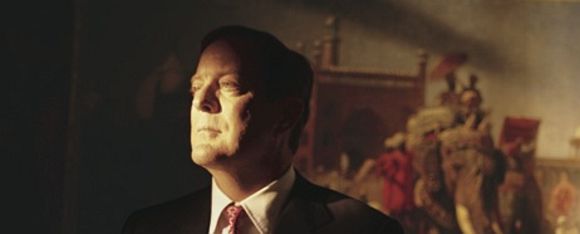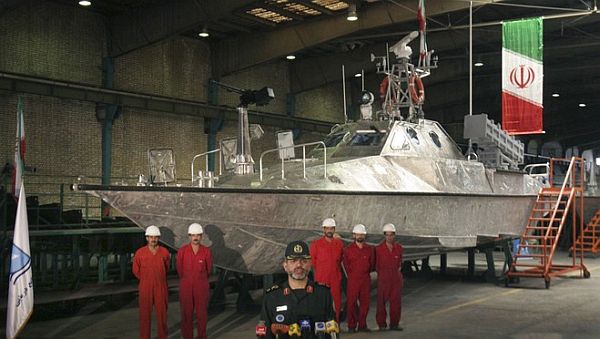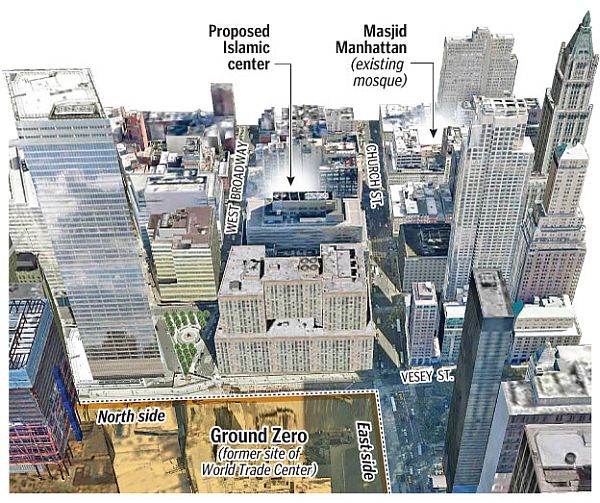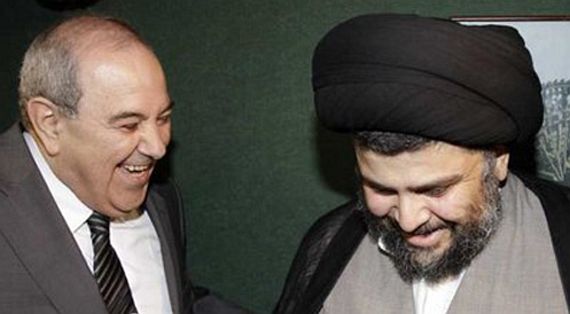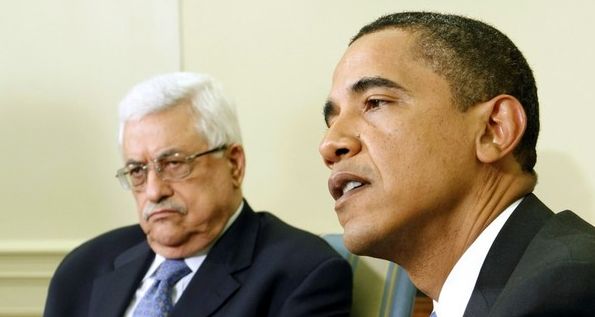
The monument at the hypocentre of the Nagasaki atomic bomb blast
Another way of saying “sacred” is to say “off-limits.”
Something can be sanctified by placing a barrier around it constructed from rigid taboos. The most extreme among those taboos dictates not only silence but also exclusion.
In such a way, for many Americans, 9/11 has been sanctified. The sacred idea occupies a sacred space and only those willing to display sufficient awe and reverence can be allowed to enter.
Yet there are limits on how high this sacred narrative can be raised. We do not, by and large, talk about the 9/11 holocaust — and rightfully so. To link a day on which 3,000 Americans died, to a period during which 6 million Jews were systematically slaughtered, would be absurd and obscene.
When on 9/11 Benjamin Netanyahu said it was “very good” — because it would generate sympathy for Israelis — his response would no doubt have been rather different had he been asked whether the attacks would help Americans now better understand the significance of the Holocaust.
So we don’t talk about a 9/11 holocaust. Instead, with little to no comment, the attacks have another but equally perverse association: with the nuclear devastation brought down on Hiroshima on August 6, 1945.
The more obvious World War Two association — with the December 7 attack on Pearl Harbor in 1941 — was initially referenced through headlines that reinvoked Roosevelt’s description of that day as “a date which will live in infamy,” but beyond the date — 9/11 — the name that stuck was “ground zero.”
The rubble and dust at the crushed feet of the World Trade Center might have conjured images of nuclear devastation yet little sense that a stolen word required a buried memory.
If Americans were polled today and asked which city they associate with “ground zero,” would any answer “Hiroshima” or “Nagasaki”? Most likely, very few — even though the anniversary of the nuclear bombings has only just passed.
On August 6, a ceremony marking the 65th anniversary of the bombing that killed 140,000 people in Hiroshima, was attended for the first time by a representative of the US government, the US ambassador to Japan, John Ross. This was not the first time an American official had been allowed to attend — it was the first time an invitation had been accepted. So far, no sitting American president has ever visited Hiroshima.
Within a decade of the nuclear attacks, the Catholic Memorial Cathedral for World Peace had been opened in Hiroshima. The Japanese raised few objections to the construction a church close to the original ground zero.
Meanwhile, Pearl Harbor is being invoked once again in a vain effort to conceal the Islamophobia that permeates objections to the New York mosque.
Dr Richard Land, president of the Southern Baptist Convention’s Ethics and Religious Liberty Commission, and a member of the federally created United States Commission on International Religious Freedom, “insists that his opposition to the Cordoba House project is principled — that he would and has opposed similar efforts when they upset local populations.”
“There is a Japanese Shinto shine, I am told, blocks from the USS Arizona,” Land said. “That isn’t appropriate even 60 years later. Three-thousand Americans died there and they died at the hands of people acting on behalf of the Japanese Empire.”
There isn’t, in fact, a Shinto shrine near Pearl Harbor [writes Brian Beutler], though many conservatives use this hypothetical as an example of a non-Muslim shrine they’d oppose for similar reasons.
Around the same time that Western dignitaries gathered in Japan in order to commemorate the ghastly effects of nuclear destruction, another group of public figures embarked on an equally historic pilgrimage.
Eight Muslim-American imams, along with President Obama’s envoy to combat anti-Semitism, Hannah Rosenthal, traveled to the sites of the former Dachau and Auschwitz concentration camps in Germany and Poland.
“These Muslim leaders were experiencing something they knew nothing about,” Rosenthal told Politico. She had many family members at Auschwitz, including her grandparents. “I can’t believe anyone walks into Auschwitz and leaves the same person. I watched them break down. I broke down in front of suitcases. … It is the cemetery of my whole family.”
The American imams later released a statement saying:
We bear witness to the absolute horror and tragedy of the Holocaust where over twelve million human souls perished, including six million Jews.
We condemn any attempts to deny this historical reality and declare such denials or any justification of this tragedy as against the Islamic code of ethics.
We condemn anti-Semitism in any form. No creation of Almighty God should face discrimination based on his or her faith or religious conviction.
We stand united as Muslim American faith and community leaders and recognize that we have a shared responsibility to continue to work together with leaders of all faiths and their communities to fight the dehumanization of all peoples based on their religion, race or ethnicity. With the disturbing rise of anti-Semitism, Islamophobia, and other forms of hatred, rhetoric and bigotry, now more than ever, people of faith must stand together for truth.
Strangely, the Anti-Defamation League’s Abe Foxman and the Investigative Project’s Steve Emerson, author of “American Jihad,” lobbied U.S. officials against participating in the trip.
Perhaps if those now concerned about the Cordoba House project gave more attention to what it means to enter a sacred space, rather than how to keep others out, they would understand that a real sense of the sacred springs from keeping ones eyes open — not sealing them closed.

